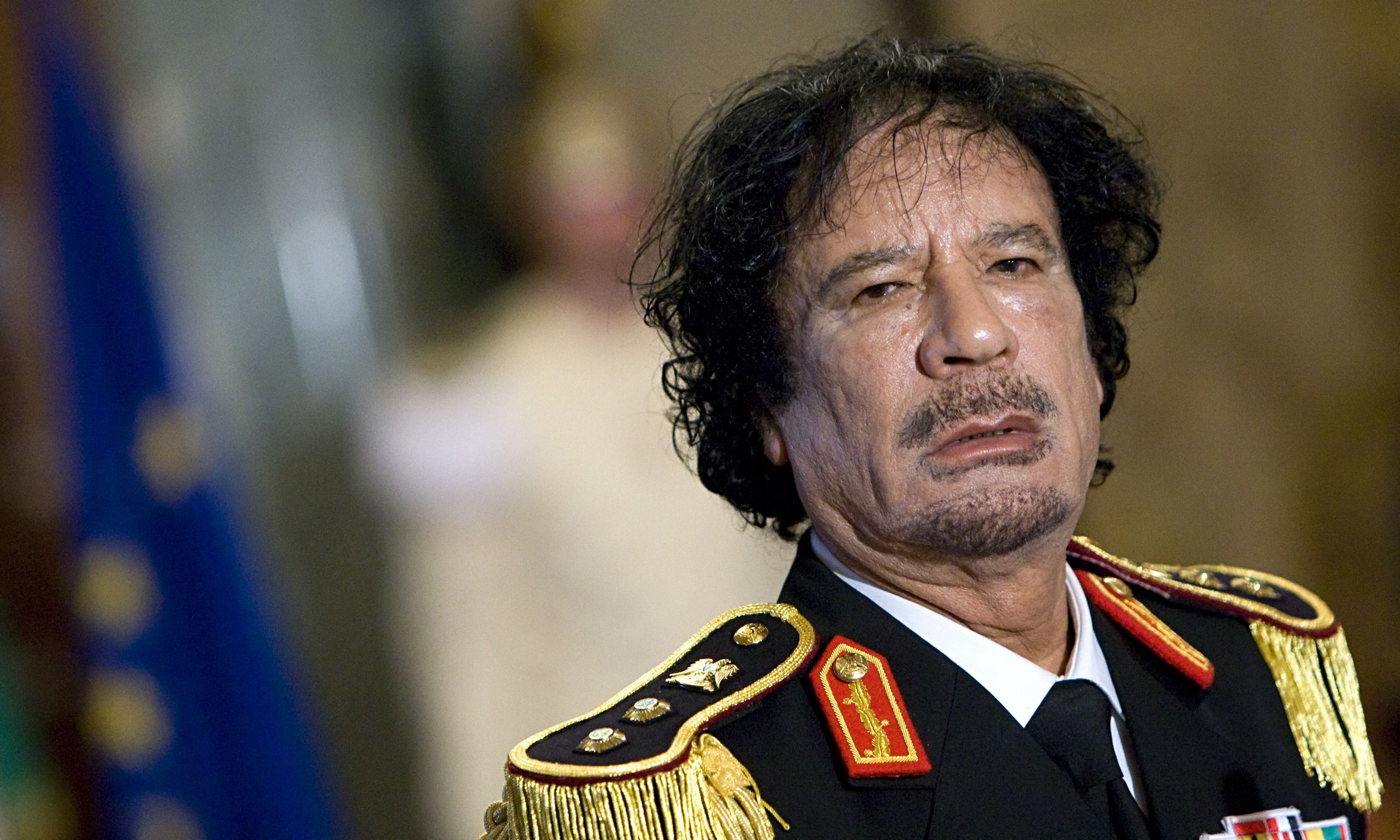
Muammar Gaddafi, the enigmatic and controversial leader of Libya, was a figure who both fascinated and polarized the world. His four-decade-long rule was marked by dramatic political shifts, international controversies, and a complex legacy that continues to shape Libya's trajectory to this day.
Early Life and Rise to Power
Born in 1942 in a Bedouin tent near Sirte, Libya, Gaddafi emerged as a prominent figure in the wake of the 1969 military coup that overthrew King Idris I. At the age of just 27, Gaddafi, then a young army captain, seized control of the country and established himself as the de facto leader.
Revolutionary Leadership
Gaddafi quickly set about transforming Libya into a state guided by his own political philosophy, outlined in his Green Book, which advocated for a form of direct democracy called "Jamahiriya" (state of the masses). He nationalized Libya's oil industry, using the country's vast oil wealth to fund ambitious development projects and social programs.
International Controversies
Gaddafi's rule was marked by a series of international controversies, including his support for various militant groups and his involvement in the bombing of Pan Am Flight 103 over Lockerbie, Scotland, in 1988. The latter event led to international sanctions being imposed on Libya and strained its relations with the West for years.
The Arab Spring and Downfall
In 2011, as the wave of protests known as the Arab Spring swept across the Middle East and North Africa, Libya was engulfed in a bloody civil war. Gaddafi's brutal crackdown on protesters and his refusal to step down led to international intervention, with NATO forces backing the rebel forces. In October 2011, Gaddafi was captured and killed by rebel fighters in his hometown of Sirte, bringing an end to his 42-year reign.
Legacy and Impact
Gaddafi's legacy is a deeply divisive one. While some in Libya remember him as a visionary leader who transformed the country and stood up to Western imperialism, others see him as a ruthless dictator whose rule was marked by human rights abuses and economic mismanagement.
Conclusion
Muammar Gaddafi's complex legacy continues to influence Libya's politics and society. His rise from a young army captain to a controversial leader who dominated Libyan politics for over four decades is a testament to his charisma and political acumen. However, his downfall and the chaos that followed his death serve as a cautionary tale about the perils of authoritarian rule and the challenges of nation-building in a region marked by deep-seated divisions and external interventions.